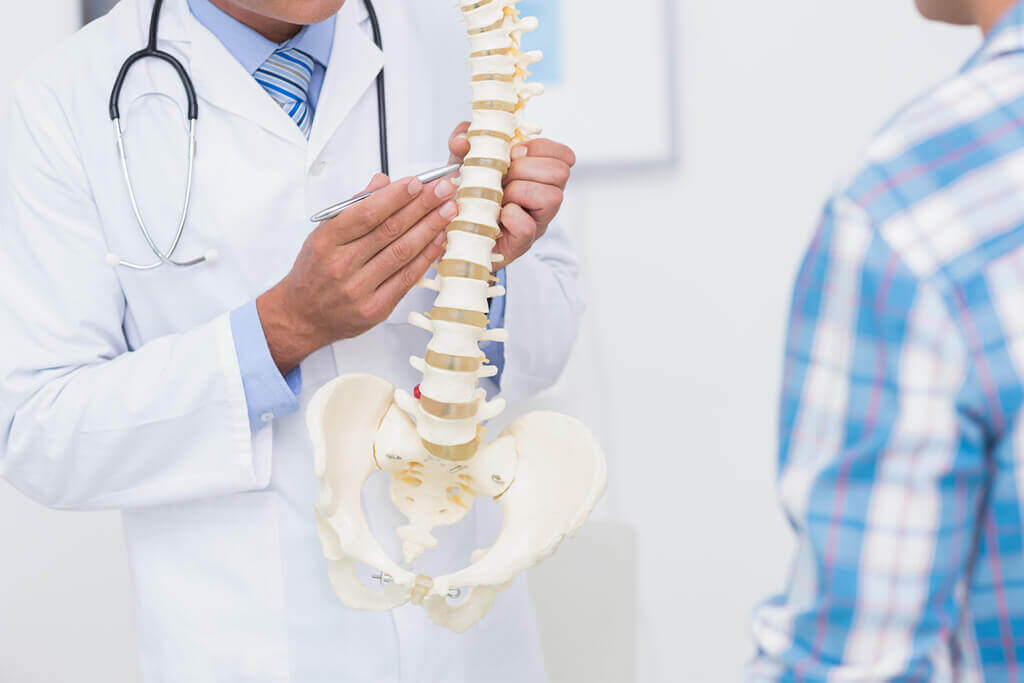Post Traumatic Stress Disorder (PTSD)
Introduction
Posttraumatic stress disorder (PTSD) is a type of anxiety disorder. It develops in some people that witness or experience terrifying life-threatening events. PTSD can cause a variety of psychiatric and physical symptoms. People with PTSD may experience sudden vivid memories or nightmares and may feel like they are re-living the traumatic event. PTSD can cause strong emotions or make people feel emotionally numb. They may startle easily, appear “jumpy,” and avoid situations that remind them of the event. Untreated PTSD can be very debilitating; however, treatments for PTSD have good success rates.
Causes
For some people, there appears to be an inherited component to PTSD. People with close relatives that experienced PTSD or depression appear to have a greater risk of developing PTSD. Women experience the highest incidence of PTSD. It can occur in people of all ages, including children.
Symptoms
You may avoid situations, places, objects, sounds, or people that remind you of your traumatic event. It may be difficult to remember all of the details of your event. Avoidance behavior also includes not caring about things like you used to or not having interest in activities that you used to enjoy. You may feel emotionally numb or have reduced expression of your emotions. It may be difficult for you to be affectionate to other people. You may feel like you are detached from every day life or that you do not have a future.
Arousal difficulties are a set of symptoms that affect your thought processes, behavior, and emotions. You may feel irritable and have outbursts of anger. It may be difficult to concentrate as you did before. You may have difficulty falling asleep and staying asleep. You may startle easily or feel “jumpy.” You may feel hypervigilant or “on guard” or on “high-alert” when there is no actual threat. You may also feel anxious, stressed, tense and unsafe at times when you actually are safe and not threatened.
PTSD may affect your physical health. You may feel faint or feel your heart beating in your chest. You may experience dizziness or fainting. Your skin may look pale. PTSD can cause a headache or fever.
Some people feel “survivor’s guilt,” guilt because they survived a tragedy when others did not. You may be more irritable, agitated, or excitable. Depression, anxiety, phobia, and substance abuse are other conditions that may accompany PTSD. If you feel overwhelmed and suicidal, you should go to a hospital emergency room or call your local emergency medical services, usually 911.
Diagnosis
Treatment

Copyright © - iHealthSpot Interactive - www.iHealthSpot.com
This information is intended for educational and informational purposes only. It should not be used in place of an individual consultation or examination or replace the advice of your health care professional and should not be relied upon to determine diagnosis or course of treatment.
The iHealthSpot patient education library was written collaboratively by the iHealthSpot editorial team which includes Senior Medical Authors Dr. Mary Car-Blanchard, OTD/OTR/L and Valerie K. Clark, and the following editorial advisors: Steve Meadows, MD, Ernie F. Soto, DDS, Ronald J. Glatzer, MD, Jonathan Rosenberg, MD, Christopher M. Nolte, MD, David Applebaum, MD, Jonathan M. Tarrash, MD, and Paula Soto, RN/BSN. This content complies with the HONcode standard for trustworthy health information. The library commenced development on September 1, 2005 with the latest update/addition on February 16, 2022. For information on iHealthSpot’s other services including medical website design, visit www.iHealthSpot.com.


